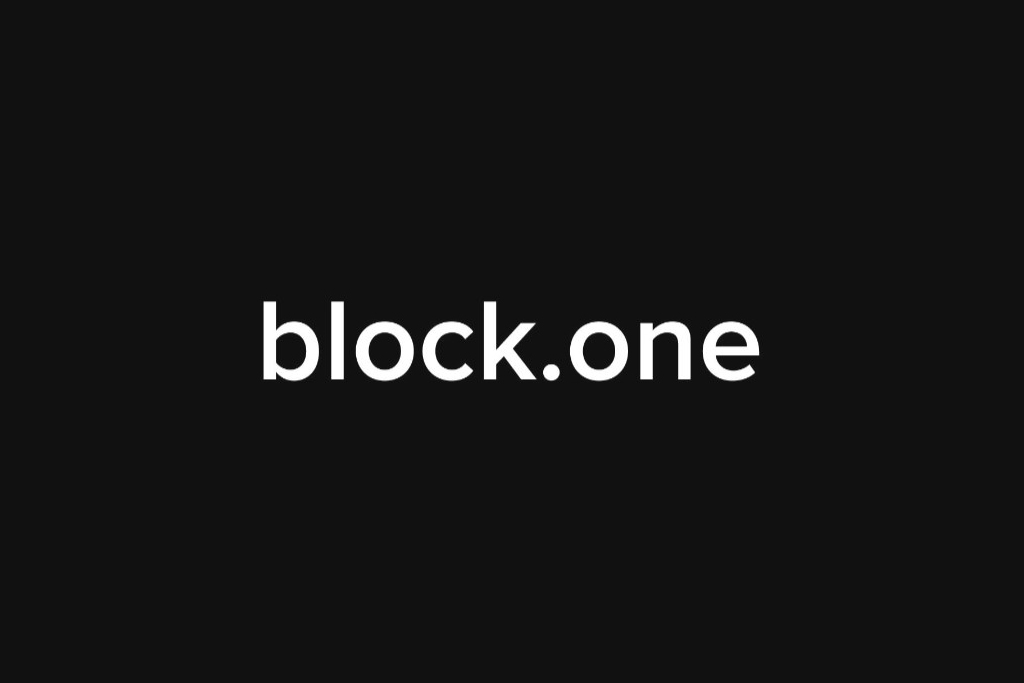Photo: Block.oneThe EOS blockchain developer Block.one has been charged by the United States Securities and Exchange Commission (SEC) over its 2017-2018 ICO which raised about .1 Billion during the process. The Commission charged the company with the relatively low sum of Million which boils down to about 0.58% of the sum raised during the offering which is relatively light when comparing the amount raised to the amount charged.Following the DAO report which highlighted several types of tokens as securities, the Commission went hard on many cryptocurrency projects and these projects didn’t see the light of day due to the danger that the SEC feared they would pose to investors. In a statement, Stephanie Avakian Co-Director of enforcement of the Commission noted:“A number of U.S.
Topics:
Christopher Hamman considers the following as important: block.one, block.one ico, Blockchain News, Companies, Cryptocurrencies, EOS, ICO News, ico regulation, ico regulation sec, initial coin offering, initial coin offering regulation, News, Regulation, sec, Story of the Day, the voice, token sale
This could be interesting, too:
Bitcoin Schweiz News writes VanEck registriert ersten BNB-ETF in den USA – Nächster Meilenstein für Krypto-ETFs?
Bitcoin Schweiz News writes SEC gibt auf: Ermittlungen gegen Crypto.com offiziell eingestellt
Chayanika Deka writes Yuga Labs Secures Major Win as SEC Closes Investigation Without Charges
Emily John writes SEC Ends Yuga Labs Probe with No Charges

Photo: Block.one
The EOS blockchain developer Block.one has been charged by the United States Securities and Exchange Commission (SEC) over its 2017-2018 ICO which raised about $4.1 Billion during the process. The Commission charged the company with the relatively low sum of $24 Million which boils down to about 0.58% of the sum raised during the offering which is relatively light when comparing the amount raised to the amount charged.
Following the DAO report which highlighted several types of tokens as securities, the Commission went hard on many cryptocurrency projects and these projects didn’t see the light of day due to the danger that the SEC feared they would pose to investors.
In a statement, Stephanie Avakian Co-Director of enforcement of the Commission noted:
“A number of U.S. investors participated in Block.one’s ICO,” Co-Director of the SEC’s Division of Enforcement.”
She continued:
“Companies that offer or sell securities to U.S. investors must comply with the securities laws, irrespective of the industry they operate in or the labels they place on the investment products they offer.”
This indicates that the SEC’s stance as regards unregistered securities hasn’t changed in any way. This means that the SEC is willing to trade horses on certain projects which are deemed fundamental to the development of the crypto space; which is a shift from the former hardliner position presented by it earlier in 2017 during the height of the 2017 crypto bubble.
Block.one in its statement referred to the charge to be based on the ERC 20 tokens that were sold during the ICO and not the final EOS tokens which investors got after the ICO was winded down.
“The settlement relates specifically to the ERC-20 token sold on the Ethereum blockchain during the aforementioned period, which is no longer in circulation or traded, and will not require the token to be registered as a security with the SEC. The settlement resolves all ongoing matters between Block.one and the SEC.”
The statement further continued:
“The SEC has simultaneously granted Block.one an important waiver so that Block.one will not be subject to certain ongoing restrictions that would usually apply with settlements of this type. Block.one believes the SEC’s granting of this waiver evidences Block.one’s continuing commitment to compliance and best practices in the United States and globally.”
While many crypto enthusiasts are speculating that this type of settlement is a first (which it is), it doesn’t indicate any change in the crypto-skeptic stance of the United States government in any way. What this proves, however, is that the U.S. SEC is willing to adapt to new ways and means of understanding how cryptocurrency markets work.
However, for now, the innovations (such as the decentralized social network referred to as Voice) that Block.one intends to develop may yet change everything – both for themselves and the crypto space at large.
